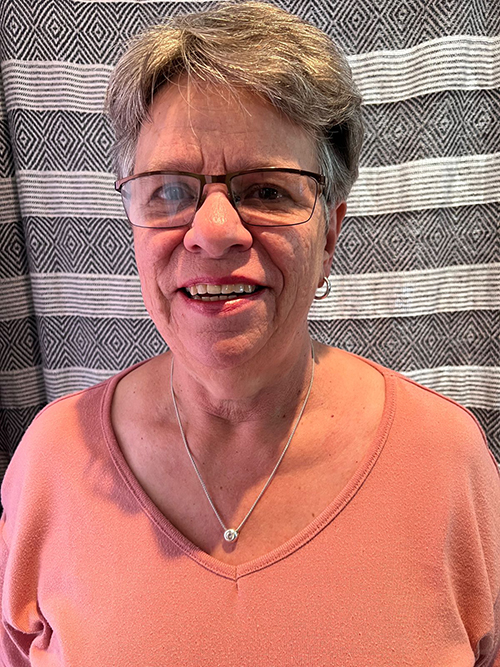An early childhood education specialist at the North-West University (NWU) has welcomed the recently published, first-ever draft curriculum for teaching coding and robotics from Grades R to 3. However, she emphasises that some hard work lies ahead if the proposed curriculum is to succeed.
The Department of Basic Education published the draft curriculum last year, and Dr Retha van Niekerk, senior lecturer in the Early Childhood Development subject group in the School of Psycho-social Education, says several prerequisites must be met for its successful implementation.
“Implementing a coding and robotics curriculum will require a network of interrelated collaborations between a range of stakeholders that will have to take hands to ensure a computationally fluent future citizenry, starting in the early years of development,” she says.
According to Dr Van Niekerk, this implies that coding and robotics as a domain of science, technology, engineering and mathematics education will soon officially become a compulsory part of the future South African school curriculum for the Foundation Phase.
“As this is the first time in the history of early childhood education in South Africa that coding and robotics as a subject domain has never been dealt with, extensive in-service and pre-service training should become a priority for everybody involved with both in-service and pre-service Foundation Phase teacher development.
“A range of aspects will have to be addressed to make it a successful venture in the long run,” explains Dr Van Niekerk.
She believes the new curriculum will also require universities and other training institutions to step up to the challenge.
Dr Van Niekerk says although the content-specific knowledge (CSK), which implies knowledge of coding and robotics, will be a totally new domain that most students and/or teachers will have to deal with, the pedagogical-specific knowledge (PSK), namely knowledge of how to teach content associated with teaching coding and robotics, will also have to be addressed.
“It is internationally acknowledged that the pedagogy for teaching coding and robotics for the early years of development should follow an approach that is more aligned with the idea of coding as ‘another language’, instead of coding as mere problem-solving. In other words, the emphasis is more on the ability to express oneself than on problem-solving per se, which becomes the focus in the later years of development,” she adds.
In addition, she believes that special attention will simultaneously have to be paid to entrance requirements for these future prospective Foundation Phase teachers, as the subject content of coding and robotics requires a strong underpinning of mathematical and scientific thinking skills.
“Unfortunately, the domain of coding and robotic education depends heavily on developmentally appropriate resources, including electricity and a functioning internet system, to support both offline and online coding and robotics teaching and learning,” says Dr Van Niekerk.
She concludes that it will also be necessary to consider the entrance requirements for the training of Foundation Phase teachers at teacher training institutions.

Dr Retha van Niekerk says a lot of work lies ahead if the proposed coding and robotics education is to succeed.
